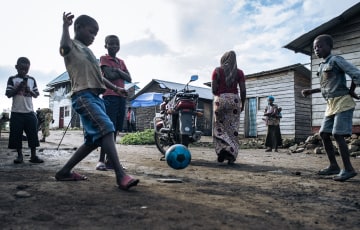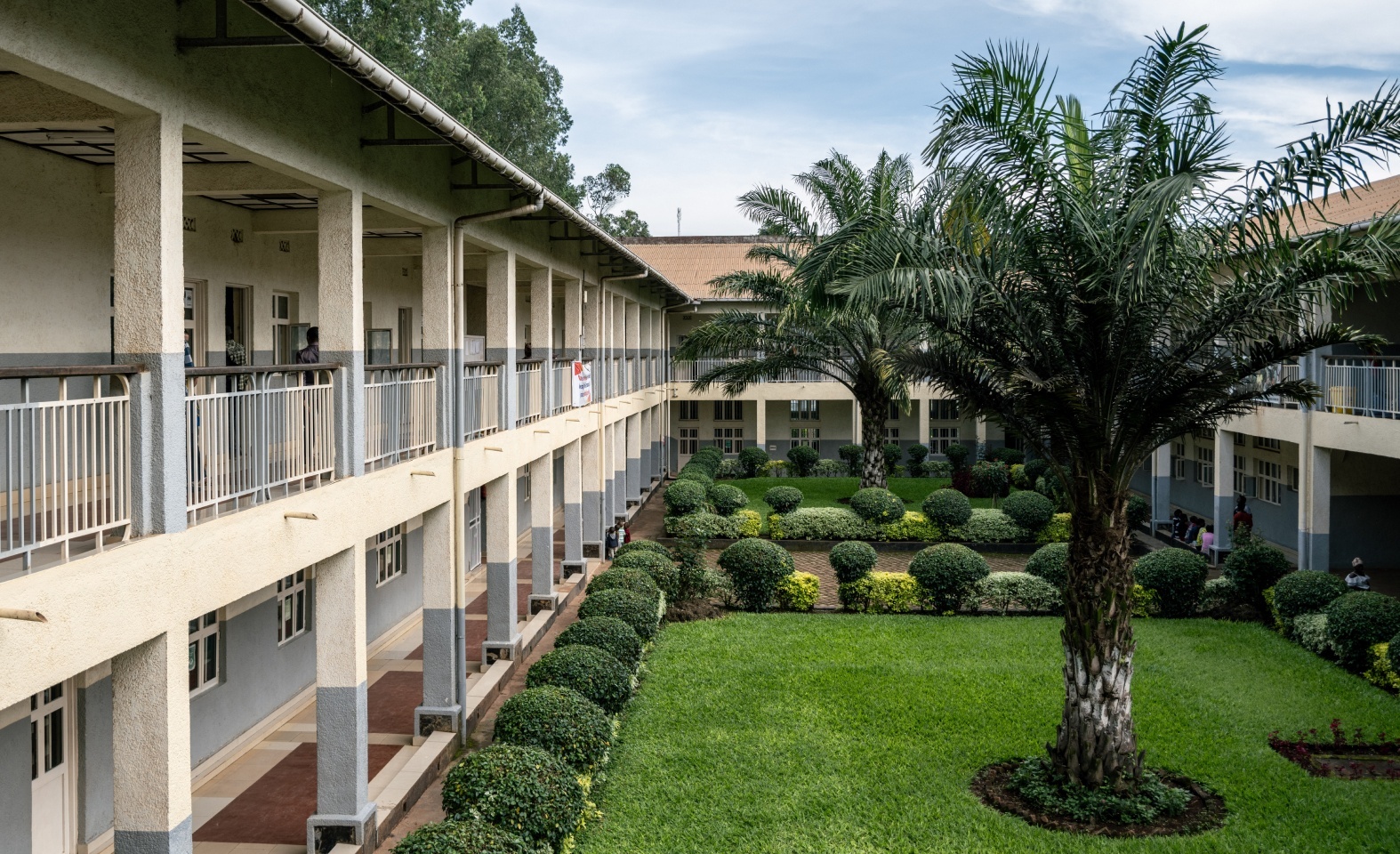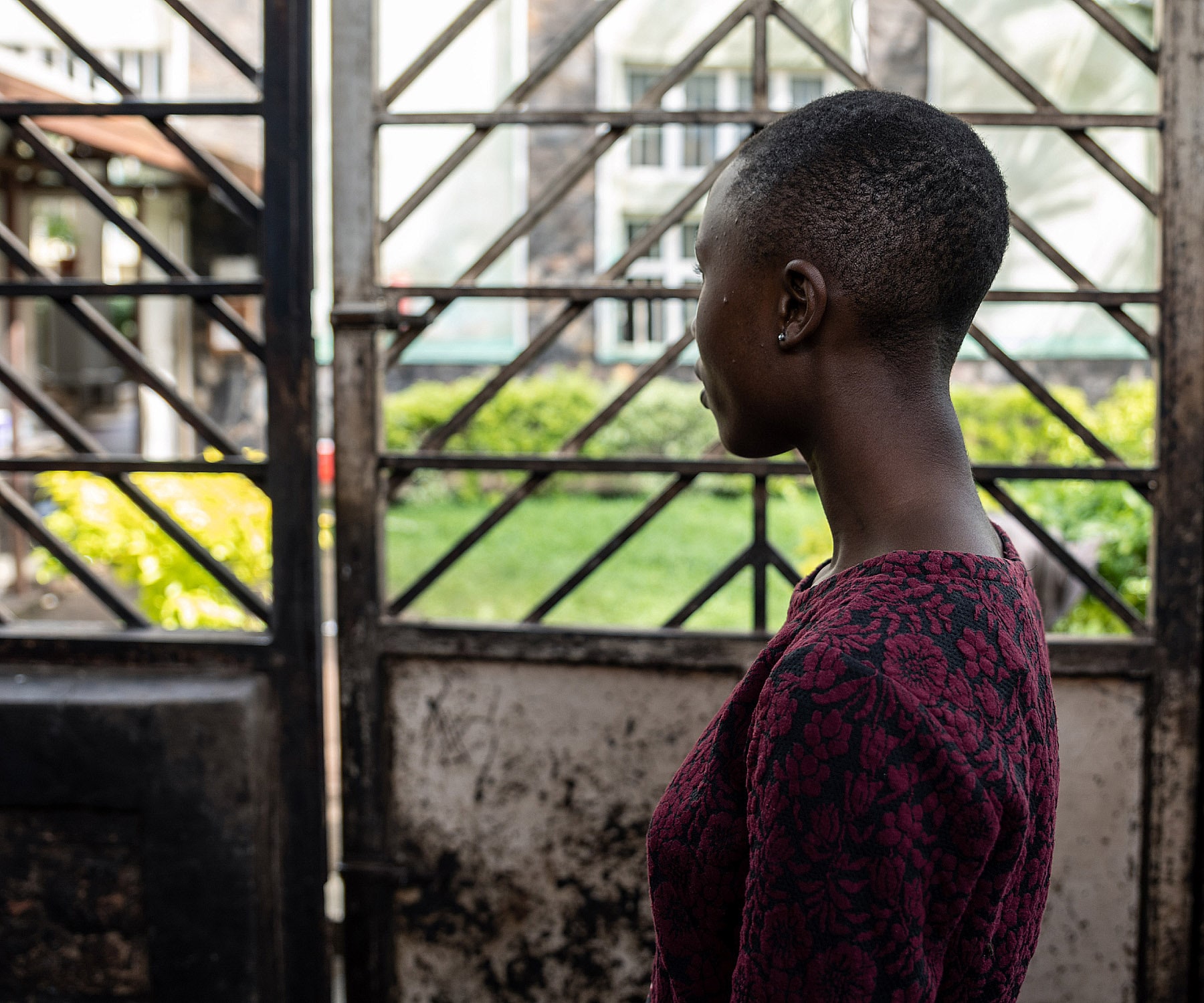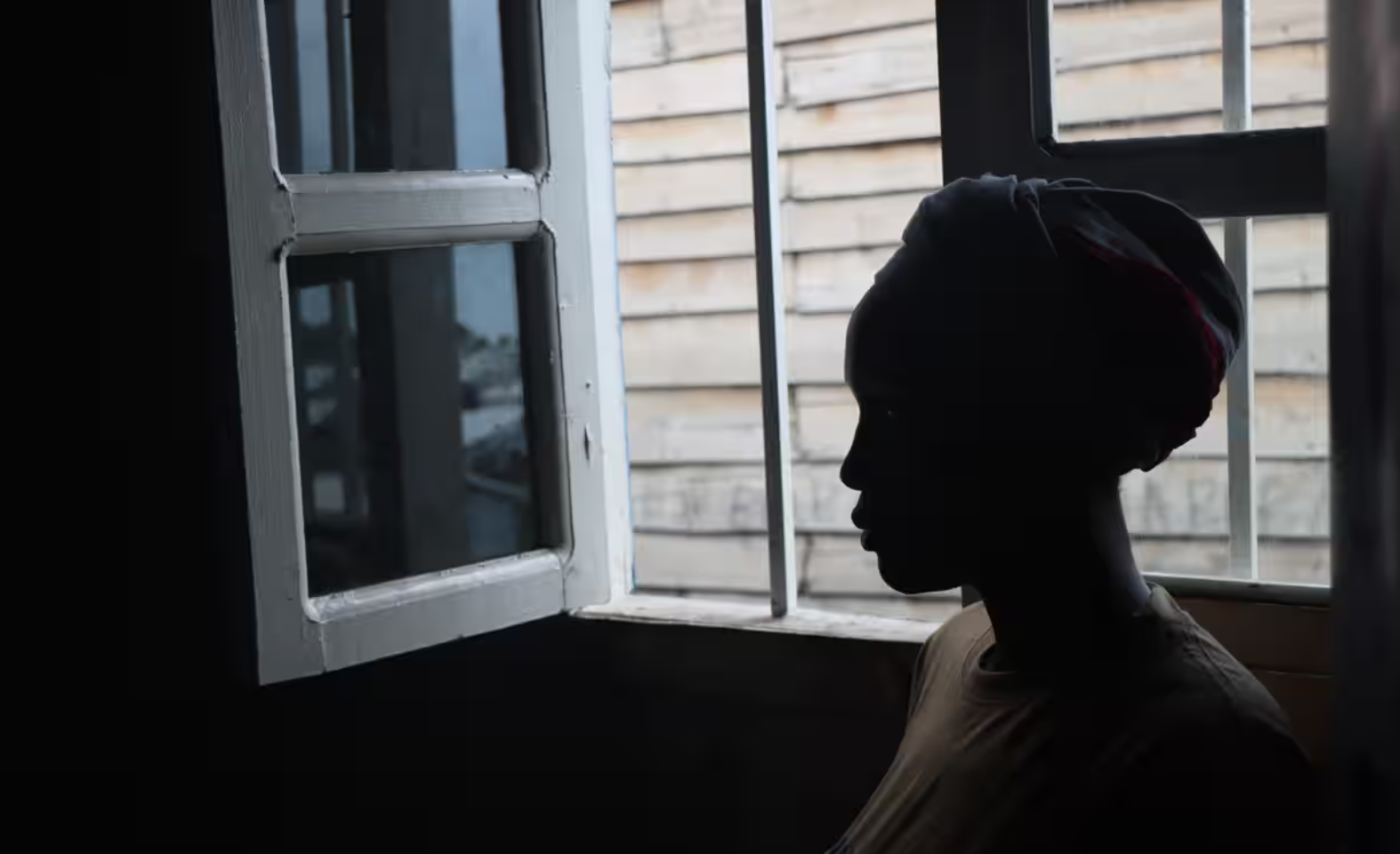March 5, 2024
Dear Ambassadors,
We are writing to express our deep concern about the deterioration of the security situation and the escalation of armed violence and its disastrous impact on the protection of civilians and the humanitarian situation in the East of the Democratic Republic of Congo (DRC) since the resurgence in November 2021 of the armed group M23, whose direct and indirect support by the Rwandan army is documented by the United Nations Group of Experts.
This war of aggression and occupation being waged over large swathes of North Kivu Province violates the territorial integrity and sovereignty of the DRC, the basic principles of the United Nations Charter and the commitments made in the Addis Ababa Framework Agreement for Peace, Security and Cooperation, the Luanda Roadmap and the Nairobi Process. This highly volatile situation creates the risk of a conflagration in the African Great Lakes sub-region, and is accompanied by massive violations of human rights and international humanitarian law. These include the recruitment and use of child soldiers, conflict-related sexual violence, and the commission of international crimes such as attacks on personnel and aircraft of the United Nations Organization Stabilization Mission in the Democratic Republic of Congo (MONUSCO) and the Southern African Development Community Military Force (SAMIDRC), and the deployment and use of anti-aircraft systems on Congolese territory by the Kigali regime. These serious crimes cannot go unpunished. All levels of responsibility must be established to prevent the repetition of these flagrant violations of international law.
In addition, this new spike in violence and instability has further swelled the number of internally displaced people to over 7 million. The majority of these displaced are women and children surviving in subhuman conditions in camps regularly targeted by armed groups, while the DRC is already one of the world’s most neglected displacement crises, according to the Norwegian Refugee Council’s annual ranking.
It is in this alarming context, where the city of Goma is encircled, reviving the spectre of the crisis provoked in 2012 by the same actors when the capital of North Kivu Province and its surroundings were occupied by the M23, that Mr. Jean-Pierre Lacroix, Under-Secretary-General for Peace Operations, visited the DRC at the beginning of February 2024 with a view to MONUSCO’s gradual disengagement and the phased transfer of the UN Mission’s responsibilities to the Congolese authorities, in accordance with Security Council Resolution 2717. This resolution renewed the Mission’s mandate until December 20, 2024, while deciding on its accelerated, gradual, and orderly withdrawal, starting with South Kivu Province, where the wave of instability coming from North Kivu is already being felt with concern.
At the end of his visit to the DRC, Mr. Lacroix described the situation in eastern DRC as “very worrying”, adding that it “raises the risk of a regional explosion.” He also stressed the need for MONUSCO’s disengagement to go hand-in-hand with the build-up of Congolese defense and security forces. More recently, reporting to the Security Council on the situation in the DRC on February 20, Ms. Bintou Keita, Special Representative of the UN Secretary-General in the DRC and Head of MONUSCO, also stressed “the risk of the conflict spreading to the regional level if ongoing diplomatic efforts to ease tensions and find lasting political solutions to the current conflict fail.”
We are fully aware that the primary responsibility for protecting civilians and respecting human rights lies with the national authorities, and that the vocation of a peacekeeping mission is essentially temporary. While MONUC has been deployed in the DRC since 1999 – a time when the Congolese nation was enduring one of the deadliest conflicts since the Second World War and the country was occupied by various foreign armies – it is normal to think about a withdrawal strategy 25 years later.
In 2020, we took note of the joint strategy on the gradual and phased withdrawal of MONUSCO with the DRC government, which had been called for in Security Council Resolution 2556 to facilitate a transition with 18 milestones presented as “minimum necessary conditions” for a responsible and sustainable withdrawal of the Mission. To date, none of these conditions have been met, but the population’s frustration at MONUSCO’s ineffectiveness in fulfilling its mandate to protect civilians, largely exacerbated by populist rhetoric from politicians in the pre-electoral period, combined with disinformation campaigns directed against the international community by those with an interest in prolonging the chaos in the DRC in order to continue plundering its strategic mineral wealth, have led Mr. Félix Tshisekedi, President of the DRC, to call for an “accelerated” withdrawal of MONUSCO as early as 2022, and for a complete disengagement plan by 2024.
While the root causes of the violence persist – lack of legitimacy on the part of institutional leaders, a culture of impunity, illicit exploitation and illegal trade in minerals – insecurity is on the rise, and the search for political and diplomatic solutions remains at an impasse, that the authority of the Congolese State has not yet been deployed in large areas of the national territory, and that the Kinshasa regime has not yet embarked on an in-depth reform of the security sector, including the vetting of the defense and security forces and the intelligence services, we urge the Security Council to remain seized of the situation in the DRC, which still represents a threat to international peace and security.
A precipitous withdrawal of the presence of peacekeepers and the MONUSCO Intervention Brigade in a context of war of aggression and over-militarization of the region risks leaving a security vacuum that is extremely dangerous for the very existence of the DRC and disastrous for civilian protection and stability, seriously jeopardizing the 25-year legacy of the UN Department of Peacekeeping Operations in the DRC.
We therefore call for a reconfiguration of MONUSCO’s mandate and presence to create the right conditions for a responsible and sustainable withdrawal, once the Congolese state is equipped with operational, professional and accountable institutions, particularly in the fields of security and justice. It is imperative to establish the links between conflict prevention, transitional justice, consolidation of the rule of law and peace-building. The DRC is still far from the stage where the threat posed by national and foreign armed groups has been reduced to a level that can be managed by the Congolese security and defense forces. The Blue Helmets and the Intervention Brigade cannot leave until the army and police are able to ensure the sovereignty of the State and the protection of civilians. The timetable for MONUSCO’s complete disengagement from South Kivu Province, i.e. the end of April 2024, must therefore be urgently reassessed and postponed.
The critical situation prevailing in the east of the DRC can no longer tolerate empty words and superficial condemnations: it demands strong sanctions against those responsible for destabilization, and immediate and decisive measures to ensure that Rwanda ceases its support for the M23 and immediately withdraws its forces from Congolese soil. The challenge now is to mobilize real political will to de-escalate the crisis, silence the guns in the Kivus, halt the humanitarian tragedy, bring justice for the most serious crimes and ensure respect for the basic principles of international law in the Great Lakes region.
There is still time for the government of the DRC and the United Nations to suspend and review the joint disengagement plan and its timetable, and to maintain a margin of flexibility in line with developments on the ground, in order to avoid another blatant failure by the international community to keep the peace, and another chronicle of a disaster foretold in the heart of Africa that would further exacerbate the threat to regional and international peace and security.
Dr. Denis Mukwege
2018 Nobel Peace Prize Laureate








